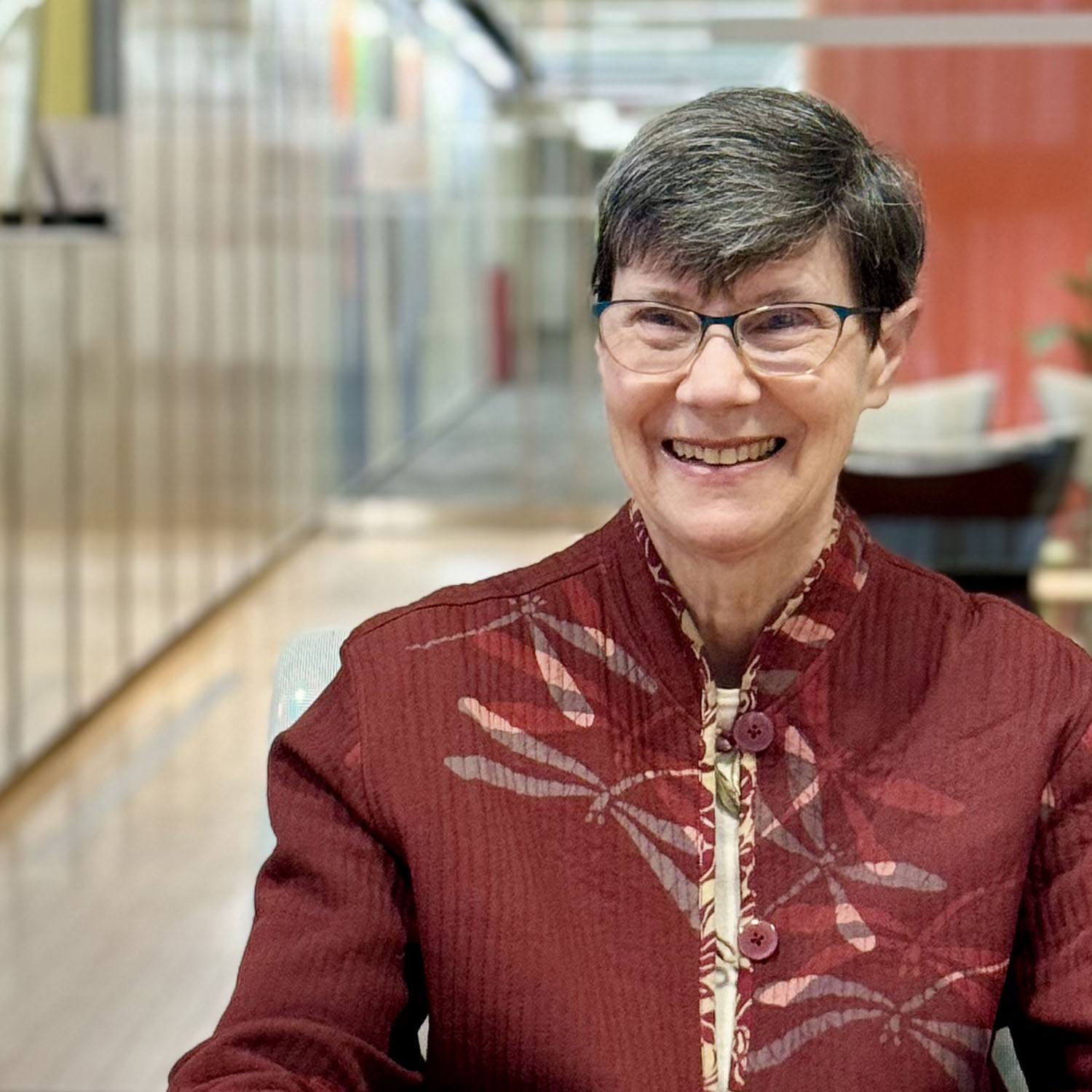For Answers on Health Disparities, We Must Look to What’s Around Us
Director’s Page
Helene M. Langevin, M.D.
November 24, 2020
If you haven’t already, I encourage you to register for the upcoming Stephen E. Straus Distinguished Lecture in the Science of Complementary Therapies, to be held on December 9 and featuring the new director of the National Institute of Nursing Research, Shannon N. Zenk, Ph.D., M.P.H., R.N., F.A.A.N.
Dr. Zenk’s talk, “All Health Is Not Created Equal: Where You Live Matters,” will be a timely discussion aimed at better understanding a critical factor that affects our health and underpins persistent disparities in health outcomes – the environment.
There is no doubt that our experiences across the continuum of health – from well-being to illness through recovery and health restoration – is the product of numerous factors, including our genetics, nutrition, physical activity, exposure to stress, and access to care.
Dr. Zenk’s work zeros in on the ways in which our environment influences each of those aspects. Where we live, work, and play can impact the air we breathe, our housing conditions, proximity to grocery stores that carry fresh food, access to recreational spaces, reliance on public transportation, and a multitude of other social determinants of health.
Understanding the environmental factors that can make people more or less vulnerable to disease has always been important, but the clear disparities we see with COVID-19 and the disproportionate impact on communities of color put a bright spotlight on the imperative.
Research that better elucidates how the environment shapes our health is a fitting topic to honor the legacy of NCCIH’s founding director, Dr. Straus, and aligns strongly with NCCIH’s interest in deepening our understanding of whole person health. It’s only with this knowledge that we can identify holistic strategies and approaches needed to improve public health and address disparities.
Learn more about Dr. Zenk’s upcoming lecture and register online.
